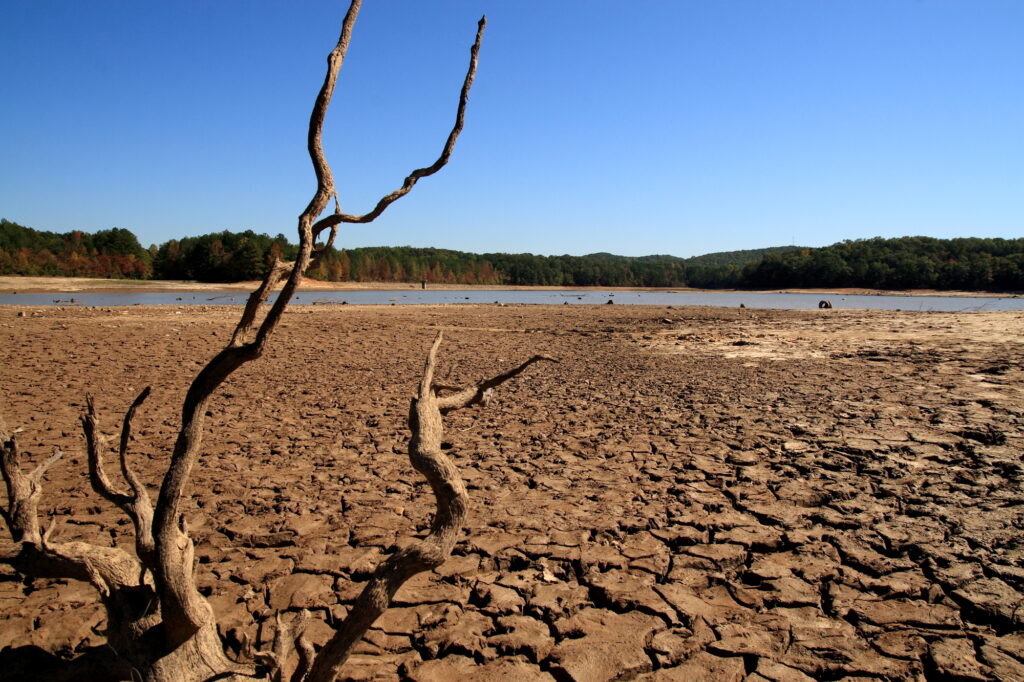The south of Portugal is being increasingly affected by drought and, if it doesn't rain this year, the country will struggle with a "water crisis", especially in the Algarve and Alentejo, said researcher Nuno Loureiro.
«On the one hand we have the health crisis, which fills the news on a daily basis, is dramatic and is a crisis of lack of planning. We have the housing crisis, which is now a little less talked about because we are busy with what is happening in Palestine and the Gaza Strip, and we are going to have the water crisis in the very short term», said the researcher from the University of Algarve ( UAlg).
Nuno Loureiro warned that, if this hydrological year is not "generous", next year, the water crisis "will break out in full force" and especially affect the territories of Alentejo and Algarve.
«The reserves we have no longer guarantee us a year [of consumption], or guarantee them with many limitations. And faced with this situation, there are no easy answers, there are no easy solutions, but there are solutions that have to be adopted and that undergo serious planning and supervision», he defended.
The researcher recognized that, among the areas of action to make water consumption more sustainable, is domestic consumption and this «is managed by price, not managed with pink advertising campaigns».
The researcher, who has studies in the area of water resources, said that management also involves «things that are completely unthinkable in today's Algarve», such as, for example, the «spread of private swimming pools», which he classified as a « absurd” in a scenario of water scarcity.
«Everyone has a swimming pool, a swimming pool is a considerable volume of water(…) It is private water consumption, it is a private waste of water, which brings absolutely no compensation», he argued, stressing that it can be said that the «agriculture spends a lot or spends little, but it produces food, it produces jobs».
Nuno Loureiro called for greater planning and supervision, through the use of tools such as, for example, satellite images, which show an «increase in irrigated areas in the Algarve over time».
«If you look for images from the 1980s, you can see how small the Silves citrus fruit patch is, you can see how modest the entire area to the north and south of Estrada Nacional 125 between Tavira and Vila Real de Santo António is. In recent years, if we look for images from 2018, 2020, 2022, we see that it grows more and more and is watered more and more», he added.
This tool allows «carefully monitoring the use of water» and is not being used by technical and political decision-makers appropriately, but «it has to start being used», he argued.
«This satellite image allows, using the different image bands, to perfectly characterize the water status of the vegetation», added the researcher.
It can be seen, for example, if vegetation “very satisfied with water is being irrigated” and this information can be crossed with “the possible sources of water, including illegal boreholes” or “dams that cannot water, but they continue to water or the crops continue to have water”.
Nuno Loureiro considered that these tools «have to start being used because the issue is very serious» and, «even if it rains a little more this winter, it can alleviate the pain, but it is not a remedy» for the problem that the region faces.



















Comments